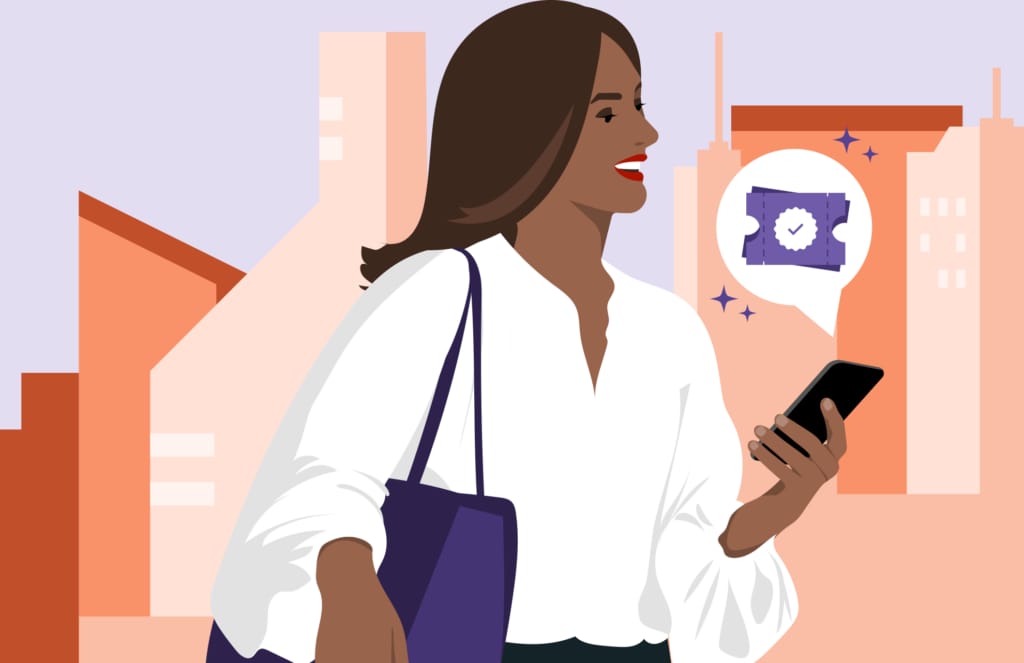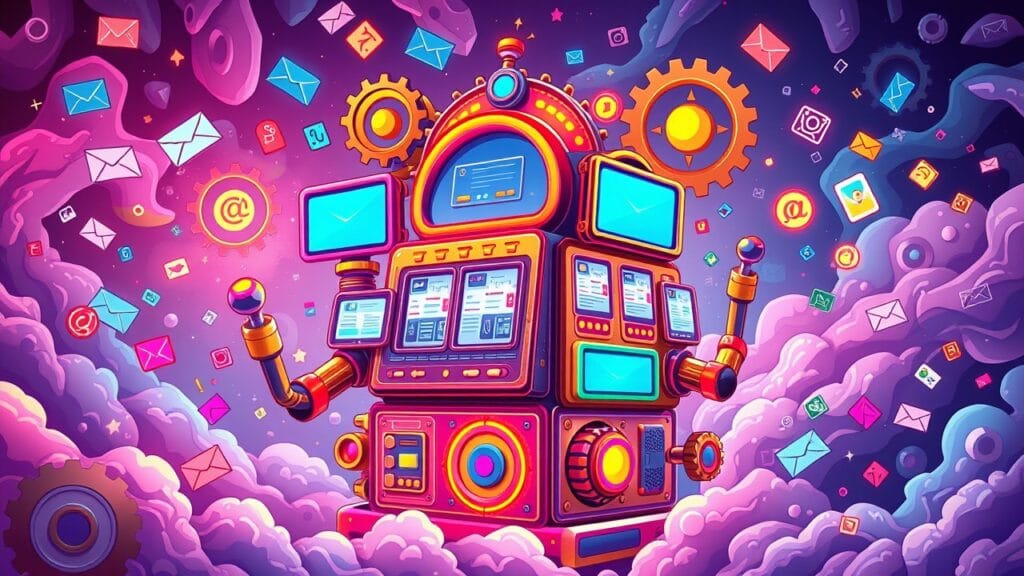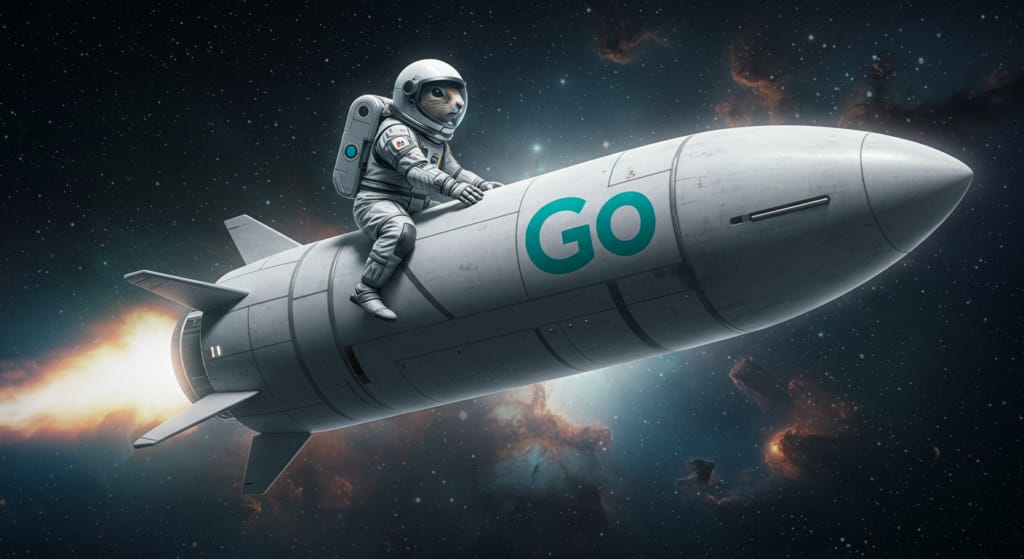Scaling Reliable Transportation for India: Meet Uber Bangalore Engineering
October 30, 2017 / Global
The Uber India Engineering team is dedicated to creating more reliable transportation solutions for everyone, everywhere, available at the click of a button. Thanks to our engineering and product teams, we are well on our way to realizing this vision, and in the process, improving rider and driver experiences across India and emerging markets.
Located in the city’s Sarjapur area, the nexus of Uber India’s engineering operations is our Bangalore office. Members of our Bangalore-based team are responsible for building more seamless and scalable systems for our rider, driver, payments, vehicle platform, and maps teams worldwide:
- Rider and Driver: These teams are at the forefront of growing Uber’s rider and driver technologies, with a special focus on solving needs in emerging markets.
- Payments Efficiency: Building frictionless payment experiences for riders and drivers regardless of device or payment preference is the primary objective of this team. This commitment most recently led to the overhaul of cash and digital wallet payment systems to safely facilitate more streamlined and efficient transactions in India.
- Global Vehicle Platform: This team is designing a vehicle lifecycle management platform for vehicle fleets at Uber, thereby improving fleet driver experiences.
- Maps: Our Maps team is responsible for directing and scaling global mapping efforts that involve core technologies such as search, geocoding, routing, ETA algorithms, and geospatial data pipelines—the future of urban transportation planning.
Below, members of Uber Bangalore Engineering discuss their experiences working at one of the world’s fastest growing companies:
Apurva Dalal, Site Lead, India Engineering

I joined Uber a little over a year ago to lead the India Engineering. Before Uber, I led engineering teams for technology companies in both the Bay Area and India.
I joined Uber because I felt a strong urge to tackle observable technical challenges that, when solved, could better urban transportation. Uber’s dedication to create pollution-free cities via scalable, reliable transportation was a huge draw for me. At the time, I was already an Uber customer and loved the magic of being able to “push a button, get a ride.” I realized that working for Uber would be an incredible opportunity to build a best-in-class engineering center in India to fulfill this mission.
At Uber, I dabble in several interesting problems on a daily basis, but am most excited about our work in three key areas: vehicle platform, maps, and rider access. All three categories present unique engineering challenges that are compounded by Uber’s rapid growth. For instance, the Vehicle Platform team envisions vehicles as living entities, leveraging them for insights guiding safety and vehicle lifecycle management. Dealing with similar issues of scale, our Maps team develops technology to accurately predict the best route for every single Uber trip, particularly in cities with emerging infrastructures. Finally, Uber’s Rider access team focuses on building solutions to increase reliability and functionality for riders across the world by addressing the question: how do we make transportation accessible to anyone at anytime, regardless of network coverage, device or location?
What I love most about this job is that I get to work with a group of curious and insanely smart individuals, who are equally passionate about solving transportation for the world.
Minal Jain, UX Researcher, Rider Access
 I came to Uber Bangalore after studying human behavior and technology, and then working in research at a hardware company’s R&D center. I first realized Uber would be a good fit for me after reading about the research that went into Uber’s launch of a cash payment system in India. I was impressed that a global company like Uber could pursue targeted research initiatives based on regional user needs.
I came to Uber Bangalore after studying human behavior and technology, and then working in research at a hardware company’s R&D center. I first realized Uber would be a good fit for me after reading about the research that went into Uber’s launch of a cash payment system in India. I was impressed that a global company like Uber could pursue targeted research initiatives based on regional user needs.
At Uber, research occurs all through the product development lifecycle, ensuring that the product is informed by end user needs. On the Rider Access team, I work with teams to grow Uber across new and emerging markets. Formerly a part of the India Growth team, I led research on topics such as Uber’s vehicle finance ecosystem, payments, and the driver lifecycle.
Through my work, I get to be the voice of the user on a global scale which is pretty unique to the industry.
Pradipta Basu, Senior Software Engineer, Global Vehicle Platform
 I joined Uber in October 2015 after 14 years as a software engineer at various companies in Silicon Valley. While I started my career as a front-end engineer, the breadth and complexities of back-end engineering won me over.
I joined Uber in October 2015 after 14 years as a software engineer at various companies in Silicon Valley. While I started my career as a front-end engineer, the breadth and complexities of back-end engineering won me over.
My passion first emerged as a rider: I was convinced of the company’s role as a key enabler of reliable transportation across the world. When Uber launched their Seattle office in 2015, I jumped at the opportunity to join the company as a back-end engineer. In 2016, I transferred to Uber Engineering Bangalore to apply my learnings in India, as well as spend more time with family based in the city.
Uber has a fast-paced, high impact engineering culture that sets a high bar for quality and reliability. Applying these standards to development at scale in emerging markets like Bangalore is both challenging and deeply rewarding.
Moreover, this is the first job I have had in which I have witnessed firsthand the positive effects of my engineering on friends and family who use Uber in the city. Facilitating magical experiences for them and our millions of other users me proud to be an engineer.
Amrita Banerjee, Senior Product Manager, Payments

I am a senior product manager focused on building Uber’s Payments Platform and solving digital payments challenges in India. I came to Uber with experience across all areas of tech, from working as a software engineer in the e-banking and payments space to serving as a business development executive.
A major reason I decided to join this team was my intense curiosity and fascination with the engineering details behind rider end user flows, particularly those related to payments handling. On top of that, my prior experience in building products that cater to the India payments ecosystem made Uber an ideal fit for my skillset.
Helping engineers build and deploy systems that solve some of the most complex payments problems motivates me to bring her best self to work every day.
Anand Xavier, Senior Product Manager, Global Vehicle Platform
 After 18 years of experience defining and launching hardware and software products, I joined Uber as a senior product manager for our Global Vehicle Platform team in early 2017. Armed with a master’s degree in electrical engineering and a research thesis on adaptive noise cancellation, I began my career as a research engineer at a speech processing startup in Maryland. It was at this startup that I was first exposed to the opportunities available to me in product management, a field that straddles the line between technology and business development to offer the best of both worlds.
After 18 years of experience defining and launching hardware and software products, I joined Uber as a senior product manager for our Global Vehicle Platform team in early 2017. Armed with a master’s degree in electrical engineering and a research thesis on adaptive noise cancellation, I began my career as a research engineer at a speech processing startup in Maryland. It was at this startup that I was first exposed to the opportunities available to me in product management, a field that straddles the line between technology and business development to offer the best of both worlds.
As a product manager at Uber, I am excited to be part of the team solving some of the company’s most pressing challenges related to vehicle fleet management, work that is critical to defining India’s ever-evolving transportation landscape. In this role, I get immerse myself in the world of connected cars and telematics, two technologies we are using to make our products more reliable.
Danish Chopra, Senior Software Engineer, International Maps
 Before joining Uber in early 2016, I studied computer science in undergrad with a focus on distributed systems and human computer interaction, next pursuing a master’s degree in computer science from the University of Illinois at Urbana-Champaign from UIUC and management science engineering at Stanford. After completing my studies, I worked in cloud and virtualization development, building network functions virtualization and cloud infrastructure technologies.
Before joining Uber in early 2016, I studied computer science in undergrad with a focus on distributed systems and human computer interaction, next pursuing a master’s degree in computer science from the University of Illinois at Urbana-Champaign from UIUC and management science engineering at Stanford. After completing my studies, I worked in cloud and virtualization development, building network functions virtualization and cloud infrastructure technologies.
As an early member of Uber’s Core Cloud Framework team in San Francisco, I helped build an orchestration engine to provision, monitor, and scale Uber’s microservices over a scalable cloud infrastructure. Ready for my next challenge, I transferred to Uber Bangalore in fall 2016 to help our team build systems that improve the payments experience for riders in India and Southeast Asia. I am currently focused on tackling mapping challenges for international markets by developing new services to optimize rider pickups and driver navigation.
What I enjoy most about working for Uber is the opportunity to solve engineering problems of unprecedented scale. There is nothing like the adrenaline rush you get when you are responsible for designing services that improve the lives of millions of people every day!
Growing Uber Engineering in India
We have only offered a snapshot of our team and touched the surface of the engineering challenges—and opportunities—we tackle in Bangalore. If engineering more reliable transportation for cities across the world appeals to you, consider applying for a role on our team.
Disha Pancholi is Uber Bangalore’s Site Program Manager. In her spare time, she enjoys reading the Harry Potter series, dancing, and taking care of her plants.

Disha Pancholi
Disha Pancholi is Uber Bangalore’s Site Program Manager.
Posted by Disha Pancholi
Related articles
Most popular
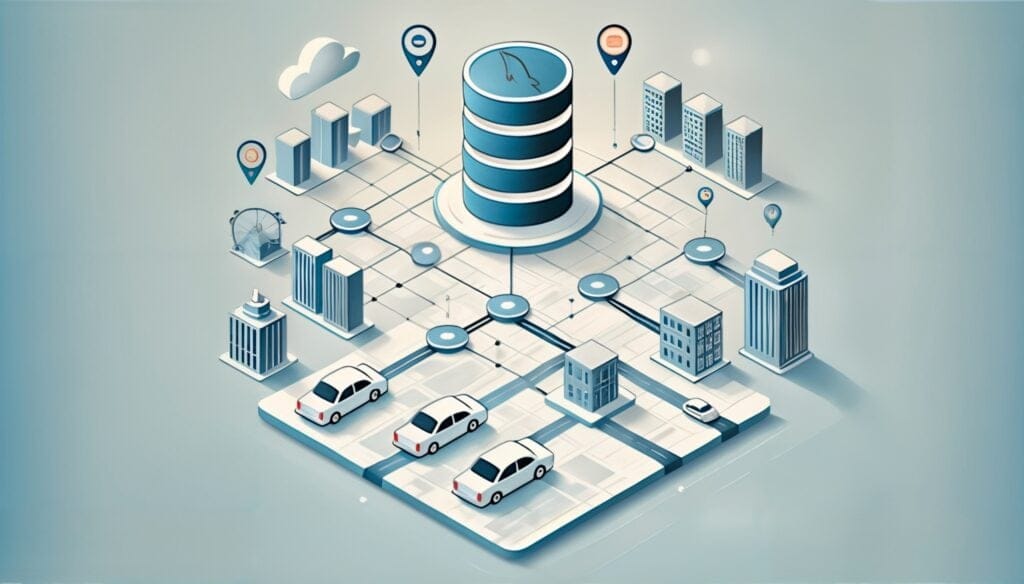
MySQL At Uber
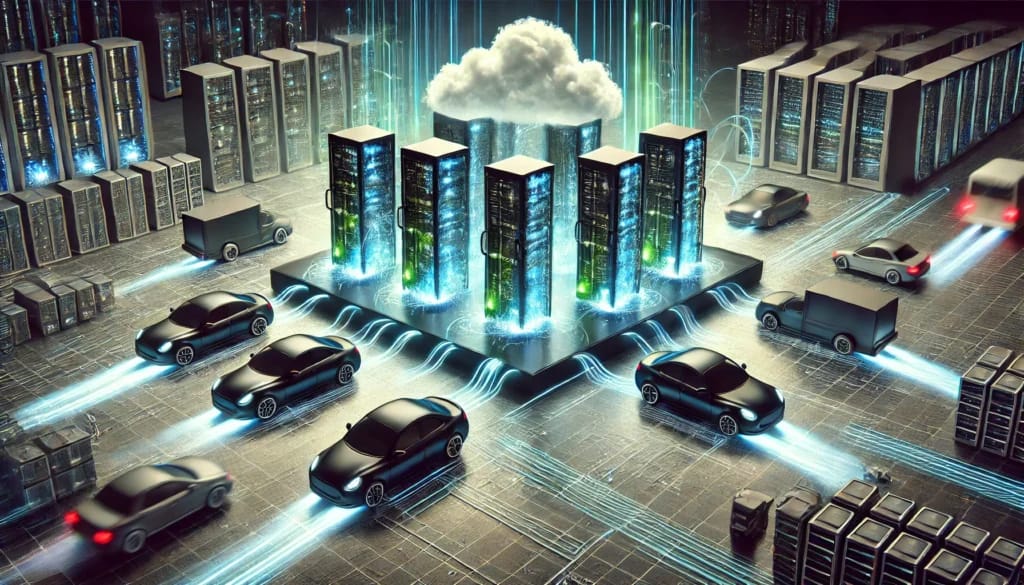
Adopting Arm at Scale: Bootstrapping Infrastructure
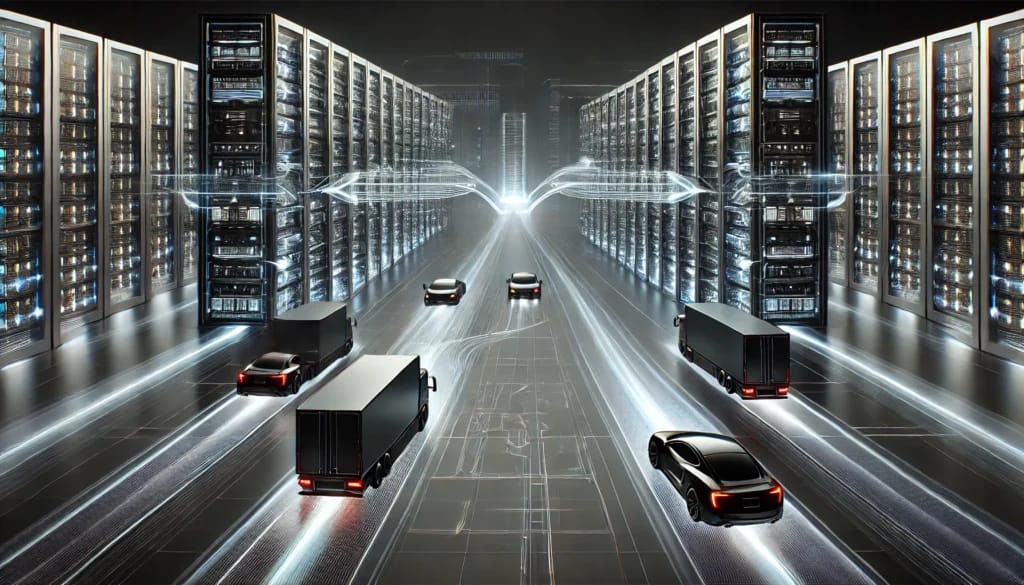
Adopting Arm at Scale: Transitioning to a Multi-Architecture Environment
